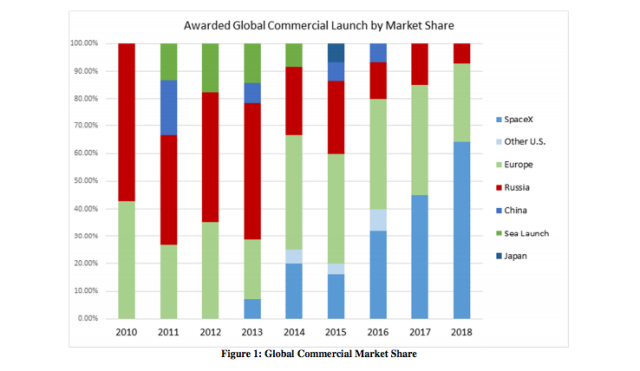Homman nimi on kuitenkin asteroidi bisneksessä, ja heavyllä on mahdollista kuskata tavaraa pysyvälle kuun kiertoradalle, mahdollisesti paljon kauemmas. Mitä tarvitaan on kiertoradalle rakennettava alus millä sitten kulkea maan lähiavaruudessa. NASA, Roscosmos, ESA taikka kukaan muu ei ole esitellyt kyseenomaista alusta. Edes sen konseptia
Nasan deep space gateway projektissa ei mainita falcon heavya, kaikissa lähteissä mainitaan tuo SLS joka on kumminkin paljon suurempi kuin tuo heavy. Tuskin mitää muuta projektia on tulossa kuin tuo nasan projekti,jossa on mukana muutkin avaruusjärjestöt. ESA, NASA, Roscosmos, JAXA and CSA
https://en.wikipedia.org/wiki/Deep_Space_Gateway
17.1-2018
https://www.nbcnews.com/mach/science/nasa-s-deep-space-gateway-seen-key-bold-plan-mars-ncna838056
Even getting to the DSG will be a challenge. It will require a new heavy-launch vehicle, known as the Space Launch System. Now under development, the SLS will be the most powerful rocket ever built, producing more thrust than the Saturn V rocket used for the Apollo missions
23.1-2018
https://www.popularmechanics.com/space/moon-mars/a15855983/nasa-roscosmos-tokyo-talks/
This Was a Huge Week for the NASA-Russia Lunar Space Station and the Future of Spaceflight
RKK Energia thinks this module will cost upwards of 40 billion rubles, or about $706 million. That price assumes that the multipurpose module will be launched on NASA’s giant SLS rocket, piggybacking with the Orion crew vehicle. But as a precaution, Russian engineers are trying to keep the module slim so it can be ferried to the station by a pair of smaller Russian rockets if needed.
During the second phase of this proposed Russian lunar exploration plan, RKK Energia will launch its own crew vehicle into an orbit around the moon as early as 2026. That craft is currently in development and would use a pair of yet-to-be-developed rockets for the task.
27.09-17
https://www.engadget.com/2017/09/27/russia-us-cooperate-on-lunar-base/
ASA's relying on its delayed heavy lift rocket the SLS, to build the Deep Space Gateway, but they're only planning on launching it once a year. That timeline didn't seem feasible, and now Roscosmos's statement sheds some light: Russia's rockets will help out with the construction



